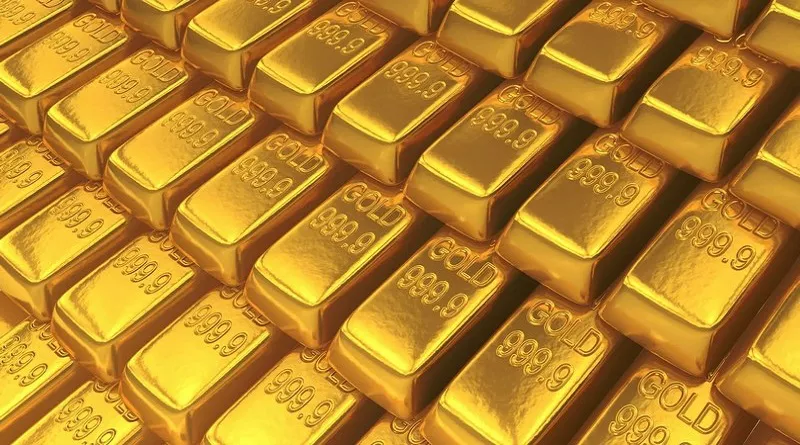Gold has long been regarded as a safe haven asset, a store of value that investors turn to during times of economic uncertainty and geopolitical turmoil. Geopolitical events, which encompass everything from international conflicts to political instability, can have a significant impact on financial markets, including the gold futures market. In this article, we’ll explore how geopolitical events can influence gold futures prices and why gold is considered a go-to asset in times of global unrest.
1. Safe Haven Status of Gold
One of the primary reasons gold reacts to geopolitical events is its status as a safe haven asset. When global tensions rise or financial markets become uncertain, investors often seek refuge in assets that are less affected by market volatility. Gold’s long history as a store of value and its relative independence from traditional financial assets make it an attractive choice during times of crisis. As a result, when geopolitical events create uncertainty, the demand for gold tends to increase, driving up its price.
2. The Inverse Relationship with the U.S. Dollar
Gold and the U.S. dollar often exhibit an inverse relationship. When geopolitical events create uncertainty, investors may flock to the U.S. dollar as a safe haven currency. This can lead to a stronger dollar, which tends to put downward pressure on gold prices. However, this relationship is not always straightforward, and other factors, such as interest rates and market sentiment, can also come into play.
3. Supply and Demand Dynamics
Geopolitical events can also impact the supply and demand dynamics of gold. For example, disruptions in major gold-producing regions due to conflict or political instability can lead to a decrease in the supply of newly mined gold. Simultaneously, heightened uncertainty may increase the demand for gold as a safe haven asset. This imbalance between supply and demand can contribute to upward pressure on gold prices.
4. Market Sentiment and Risk Aversion
Investor sentiment plays a crucial role in gold price movements during geopolitical events. As tensions escalate and uncertainty mounts, market participants may become more risk-averse. This shift in sentiment can lead to increased buying interest in gold futures, as investors seek to protect their portfolios from potential losses in riskier assets like stocks or commodities.
5. Central Bank Actions
Central banks, particularly those of major economies, can influence gold prices through their actions during geopolitical events. For instance, central banks may respond to economic or geopolitical uncertainties by implementing policies such as interest rate cuts or quantitative easing. These measures can impact currency values and investor confidence, which, in turn, affect gold prices.
FAQs on the Effect of Geopolitical Events on Gold Futures
1. Can gold prices rise during geopolitical events even if the U.S. dollar strengthens?
Yes, it’s possible. While a stronger U.S. dollar can put downward pressure on gold prices, other factors, such as heightened demand for gold as a safe haven asset and supply disruptions, can outweigh the impact of a stronger dollar, leading to higher gold prices during geopolitical events.
2. Are all geopolitical events equally likely to influence gold prices?
No, not all geopolitical events have the same impact on gold prices. The level of influence depends on factors like the scale and severity of the event, its potential to create economic uncertainty, and the broader global context.
3. How can investors use gold futures to hedge against geopolitical risks?
Investors can use gold futures contracts to hedge against potential losses in their portfolios during times of geopolitical uncertainty. By taking a long position in gold futures, they can benefit from rising gold prices if geopolitical events lead to increased demand for the precious metal. However, it’s essential to understand the mechanics of futures trading and the associated risks before engaging in such strategies.
In conclusion, geopolitical events have a notable impact on gold futures prices due to the metal’s safe haven status, supply and demand dynamics, currency relationships, and market sentiment. As long as geopolitical uncertainties persist, gold is likely to remain a go-to asset for investors seeking stability and protection against market volatility.

